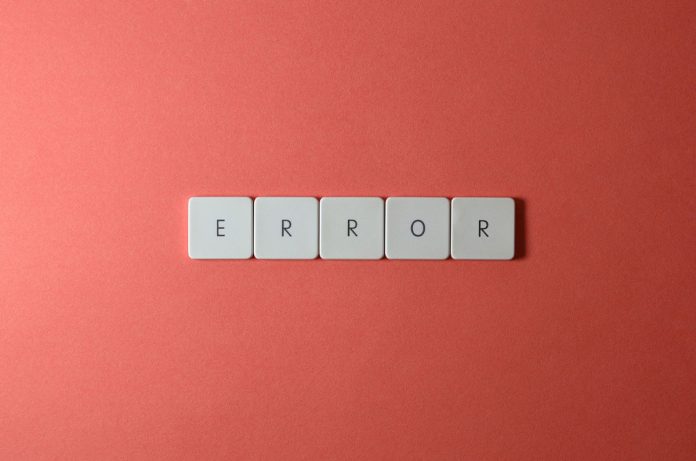As a taxpayer in the United Kingdom, it is your responsibility to accurately complete and submit your self-assessment tax return to HM Revenue and Customs (HMRC). However, errors can sometimes occur, and it is essential to understand the implications of mistakes in your tax return submission. This article will discuss the consequences of such errors and provide guidance on how to rectify them.
Types of Mistakes and Their Consequences
There are two main types of mistakes that can occur when submitting your self-assessment tax return: innocent mistakes and deliberate errors. The consequences of each type vary, as outlined below.
Innocent mistakes
These are errors made in good faith, without any intent to deceive or evade taxes. Examples include calculation errors, incorrect data entry, or misunderstandings of tax laws. The consequences for innocent mistakes are generally less severe and may involve:
Additional tax liability: If your mistake results in an underpayment of taxes, you will be required to pay the difference along with any interest due.
Reduced tax refund: If the error causes an overpayment of taxes, your refund may be adjusted accordingly.
Penalties: In some cases, HMRC may impose penalties, although these are generally lower for innocent mistakes than for deliberate errors.
Deliberate errors
These are mistakes made with the intent to deceive or evade taxes, such as underreporting income, overstating expenses, or providing false information. The consequences of deliberate errors are more severe and can include:
Higher penalties: HMRC may impose significant penalties, which can be up to 100% of the additional tax due in cases of deliberate concealment.
Criminal prosecution: In extreme cases, you may be subject to criminal prosecution, leading to potential fines or imprisonment.
Rectifying Mistakes in Your Self-Assessment Tax Return
If you discover a mistake in your tax return, taking action as soon as possible is crucial. HMRC allows taxpayers to amend their self-assessment tax returns within 12 months of the original submission deadline, i.e. 31 January, one year after the original submission deadline. To rectify the mistake, follow these steps:
- Log in to your HMRC online account and access the relevant tax return.
- Update the necessary sections with the correct information.
- Submit the amended tax return and double-check your entries for accuracy.
If you discover an error after the 12-month amendment window has closed, you must contact HMRC directly. They will assess your situation and guide you on the appropriate steps.
Conclusion
Mistakes in your self-assessment tax return submission can have significant consequences, including additional tax liabilities, penalties, or even criminal prosecution in extreme cases. It is essential to thoroughly review your tax return for accuracy and promptly rectify any errors you discover. By being proactive and transparent with HMRC, you can minimise the potential consequences of mistakes in your tax return and ensure compliance with UK tax laws.
